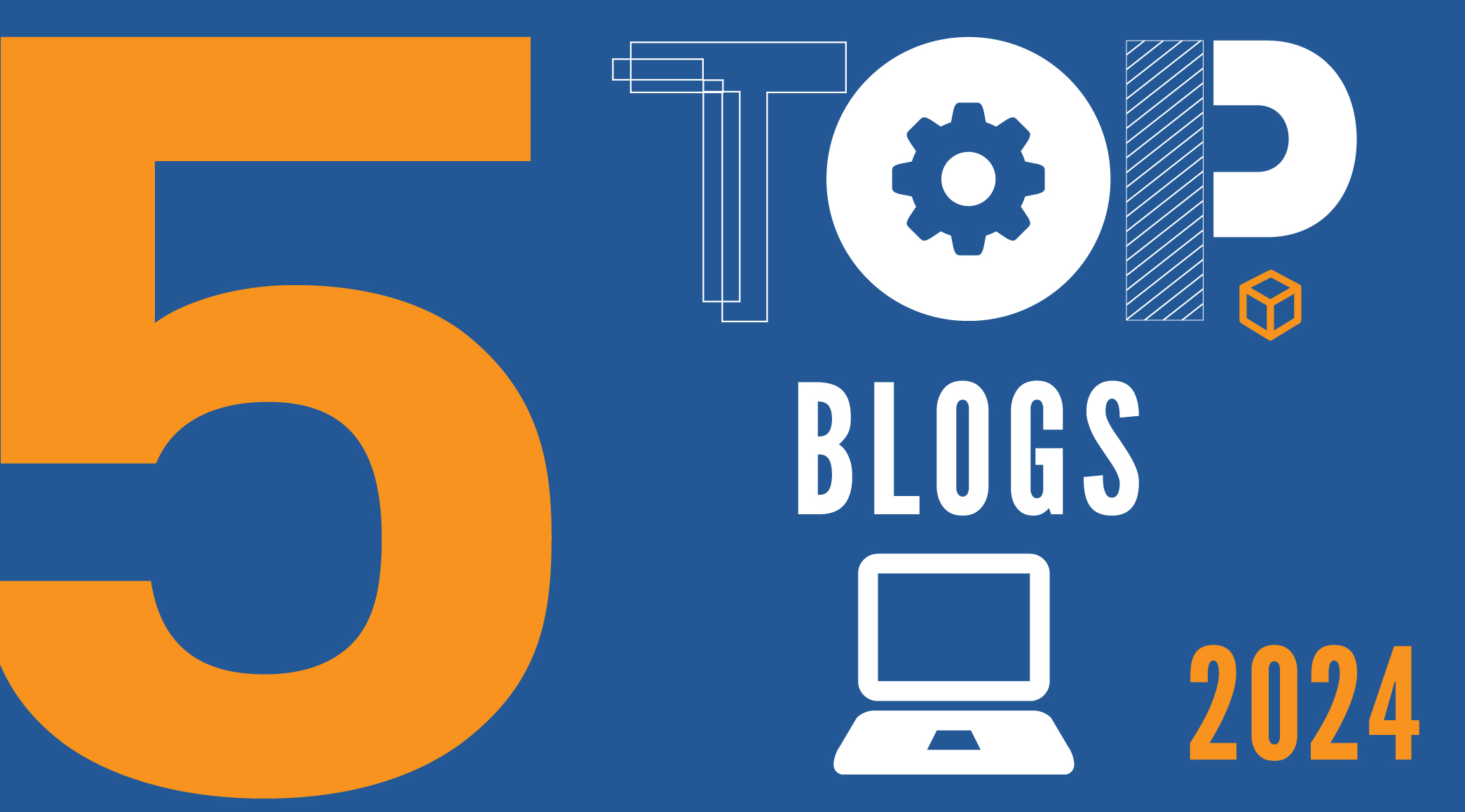Top 5 Blogs of 2024
Top 5 Blogs of 2024


Check out our top-rated news roundups and analyses of the past year.
In the early days of the internet, surfing the web was such a novel experience that users would keep logs of the interesting pages they stumbled across. In time, web loggers added commentary about their finds, and the blog was born. The blogs at ASME.org are light generally on opinion and more focused on surfacing news trends and adding much-needed context. In 2024, our most-read blogs covered topics such as novel energy storage systems, the state of manufacturing in the United States, and what impact a total eclipse could have on an energy grid increasingly reliant on solar power. As the year closes, it’s a good time to revisit these blogs.
Heat Pumps Ahead?
The hottest trend in home heating is the heat pump, which compresses and expands a refrigerant to move heat from one side of a barrier to another. This blog looked at some recent research on the impact heat pumps could have on the U.S. energy system: “The research team found widespread geothermal heat pump installations could help avoid the need for 24,500 miles of new grid transmission lines as a result of geothermal energy’s reduced generation capacity, storage, and transmission. This kind of impact would also provide benefits to consumers who are unable to install their own geothermal heat pumps.”Heat Batteries Step into the Spotlight
Energy storage has been dominated by lithium-ion batteries, but some startups are developing thermal energy storage systems which they say could be cheaper and safer. One example spotlighted in this blog: “One company, Cambridge, Mass., startup Fourth Power, is developing a system that stores energy in molten tin and graphite blocks at a very high temperature, around 2,800 °C, and relies on a type of photovoltaic cell tuned to infrared light.”Manufacturing Slowdown in Hot Economy
While aggregate figures for the U.S. economy were strong in 2024, manufacturing was soft during the start of the year. And that could have impacts in specific parts of the country, according to our blog from January. “Manufacturing is concentrated in specific parts of the country—or more exactly, individual manufacturing industries are concentrated regionally—which makes small slowdowns in specific sectors particularly hard felt.” It’s unknown whether that contributed to the overall feeling of economic stress reported during what economists called a robust economy.Noticeable Eclipse Impact on Electricity Sector
Solar eclipses have always been spectacles, but the one witnessed in April 2024 may have been the first to show up on the power grid. “The Midcontinent Independent System Operator, which manages the grid through much of the Midwest, saw solar power production drop from 3.8 GW to 1.3 GW over the course of the eclipse.” According to this blog, the impact in Texas was even greater.Is AI Too Power Hungry for Our Own Good?
The ever-growing power demand from servers running artificial intelligence software was a major theme in 2024. In fact, Microsoft contracted with a utility to restart the ill-fated Three Mile Island nuclear power plant to provide electricity for a server farm. While some worried that AI could undo some gains made in energy efficiency, energy expert Michael E. Webber saw some upside. “Before resigning ourselves to a world where the rush to build super-intelligent machines produces the next energy crisis, it’s worth stepping back to look at what is driving the AI energy demand in the first place,” he wrote in this piece, which also appeared in the special Summer Issue of Mechanical Engineering.




